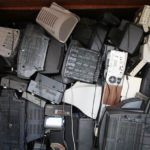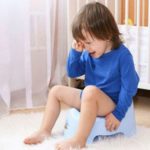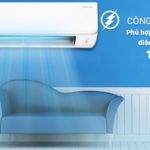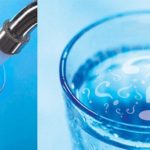Water purifiers are an extensively used technology for water treatment nowadays. However, can the water filtered from a water purifier be consumed directly without any additional treatment? Discover the answer below!
1. Can Water Filtered from a Water Purifier be Consumed Directly?
The water filtered from a water purifier can be consumed directly if the quality of both the water purifier and the input water source are ensured. Specifically:
- The quality of the input water source: Water purifiers work most effectively when the input water has been partially treated to remove impurities and bacteria. If the input water contains a high level of impurities or heavy pollution, the water purifier may not work effectively, and the filtered water may still pose a risk of bacterial contamination.
- Maintenance and filter replacement: Regular cleaning and maintenance of water purifiers are essential to ensure optimal performance. The filter should be replaced regularly according to the manufacturer’s instructions to ensure the filtered water’s quality.
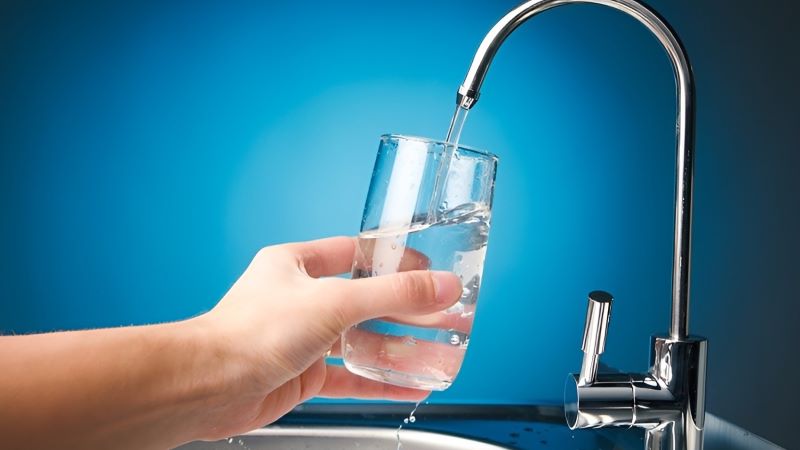 Water filtered from a water purifier can be consumed directly if the quality of the water purifier and the input water source are ensured
Water filtered from a water purifier can be consumed directly if the quality of the water purifier and the input water source are ensured
2. Drinking Water from a Water Purifier and Boiling Water: Which One is Better?
Both drinking water from a water purifier and boiling water have their own advantages and disadvantages. Specifically:
Water from a Water Purifier:
Advantages:
- No need to boil water before drinking, saving time.
- If the water purifier works well and the input water source is clean, the filtered water usually does not contain harmful bacteria and impurities.
Disadvantages:
- Can be costly in terms of equipment.
- Water purifiers work most effectively when the input water has been partially treated. If the input water contains a lot of impurities or heavy pollution, the purifier may not work effectively.
Boiling Water:
Advantages:
- Boiled water has been sterilized, removing most bacteria and impurities.
- No need to invest in a water purifier, saving initial costs.
- If you are unsure about the quality of the water source, boiling water is the best way to ensure safety.
Disadvantages
- Boiling water can take time, especially in households with high water usage.
- Boiled water can lose oxygen and create conditions for bacteria to grow when cooled.
Conclusion: The choice between drinking water directly from a water purifier or boiling water depends on various factors, such as the input water source, lifestyle habits, and family’s economic situation. However, to ensure health safety, regardless of the chosen water treatment method, the input water source should always be clean and safe.
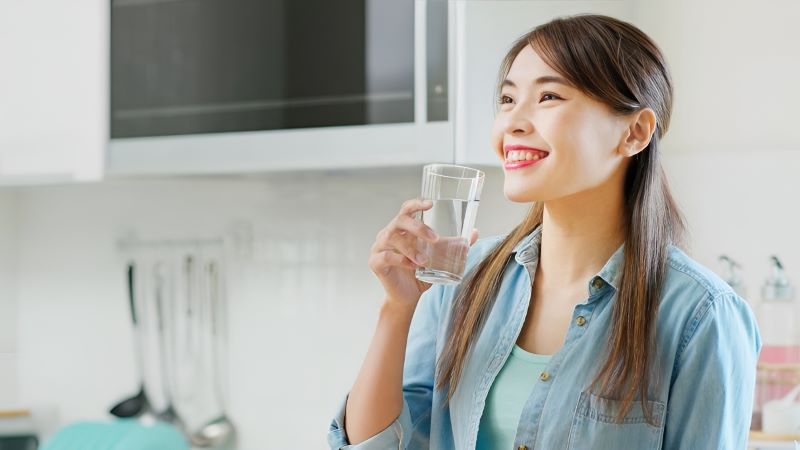 Both drinking water from a water purifier and boiling water have their own advantages and disadvantages
Both drinking water from a water purifier and boiling water have their own advantages and disadvantages
3. Notes When Using Boiled Water
When using boiled water, it is important to consider the following:
- Storage time: Boiled water should be used within a short period, preferably within 24 hours after boiling. Water that has been boiled for more than 36 hours may develop strong bacterial growth and decrease in oxygen content, which can affect health when consumed.
- Hygiene: Clean the water boiler and containers after boiling to ensure that the boiled water is not contaminated with impurities or bacteria.
- Avoid mixing new and old water: Pouring freshly boiled water into previously boiled water can create favorable conditions for bacteria and mold to grow.
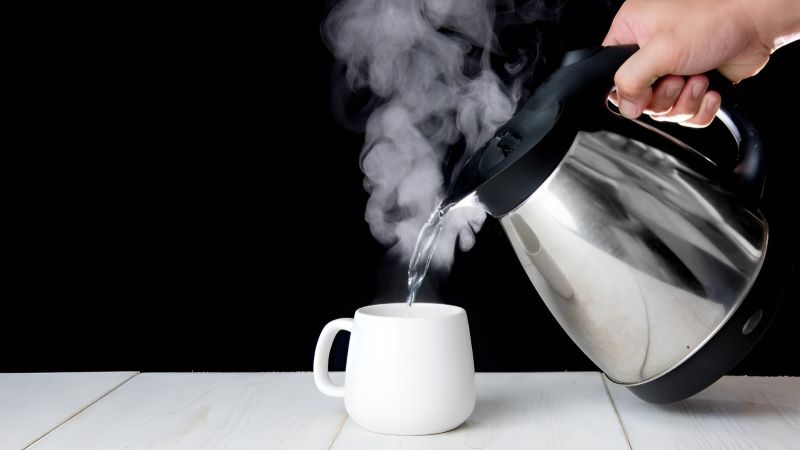 Notes when using boiled water
Notes when using boiled water
Above are our insights regarding the matter “Can water filtered from a water purifier be consumed directly?” and notes when using boiled water. We hope this article provides useful information. Thank you for reading!
7 Essential Summer Household Items to Have
As the sweltering summer days begin, it’s important to stay prepared to provide the best care and comfort for yourself and your family. To help, we’ve rounded up the essential products you need to beat the heat and keep everyone feeling their best. Check out our list of the top 7 must-have items to stay safe and cool down in those hot months.

























